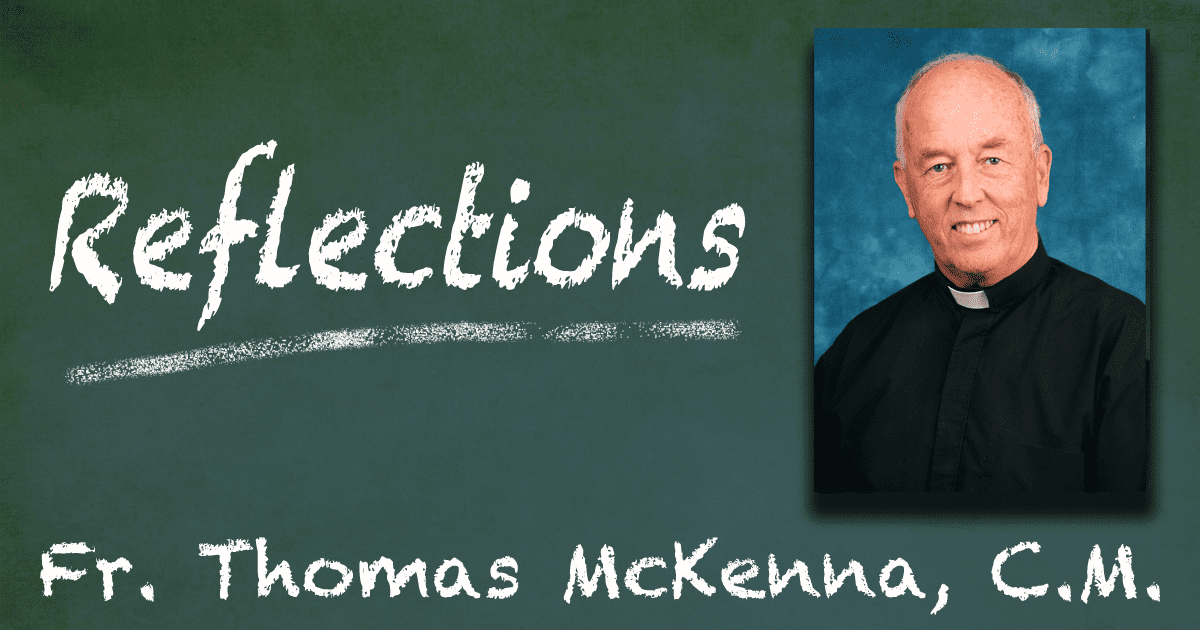“Choose up sides,” three famous words that have set up boundaries between countless competing groups. They also apply to the onlookers as they side with one team or the other. There’s a way in which the famous parable of the Prodigal Son (better, Prodigal Father) draws its hearers to stand with one or other of the three characters.
There’s the profligate who has squandered his Father’s inheritance and even worse betrayed the Father’s trust. On the face of it, he deserves anything but a welcome back party. There’s the dutiful son, living by the book, who is steaming that he’s not receiving half the attention showered on his no-good brother. Then there’s the exuberant Father who in throwing the welcome-home party seems to be favoring the prodigal over the well-behaved son.
Over the years many listeners have felt sympathy for the loyal, hardworking brother. For one thing it can seem he’s being taken for granted. For another, isn’t the Father setting a dangerous example for the other members of the household, not punishing but even rewarding irresponsible behavior? His message, “You get more if you mess up!”
Then there’s the Father whose joy at the prodigal’s return overrides any sins he’s committed. His is an unconditional forgiveness and limitless acceptance that neither son can comprehend.
On whose side do you stand? The wastrel brother accorded mercy, the dutiful one feeling undervalued, or the Father whose joy at repentance outweighs any other consideration.
Rather than pitting one against the other, might it be possible to begin by siding with all three? Pausing to step into the shoes of any one of them allows you to appreciate merits in each. There’s the surrendering vulnerability of the first son, the unfairness and injustice which stings the second, and wrapping round it the no-holds-barred acceptance of the Father.
Might this “hearing all sides” approach which the parable demonstrates serve as a road map through the polarizing forces at work in the Church and world today? Among other things, could this story be asking us to inhabit all three worlds to experience how things look from inside each?
This is not to say there are no differences nor to claim one is as wise and on-target as another. Rather it is to point out that choosing up sides is not always the first move when opposition appears. Taking in the others’ concerns can also be a way through.
In his day, Frederick Ozanam penned a lyrical paragraph about living in a world split between haves and have nots. His counsel was to stand neither with the rich nor the poor, but to take a position in between — a foot in both worlds and a hand stretched out to each. He offers this as one of the high roads to Christian reconciliation.
Commentators tell us that by their nature, Jesus’ parables open onto more than one interpretation or single right answer. They are stories which elicit multiple responses, each not necessarily negating truths in the others and all able to be fitted into a whole. Might their open-ended and inclusive character be an example for life in our one-side-or-the-other world.






0 Comments